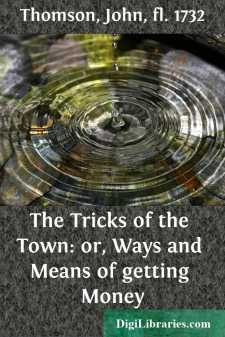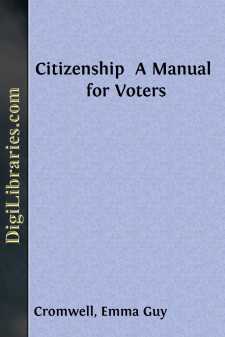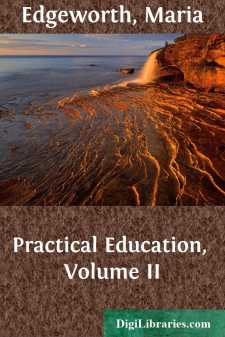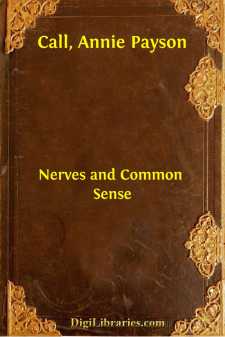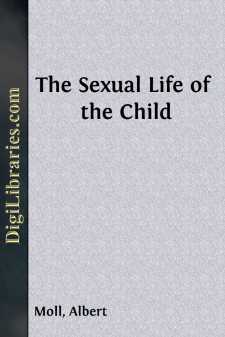Categories
- Antiques & Collectibles 13
- Architecture 36
- Art 48
- Bibles 22
- Biography & Autobiography 813
- Body, Mind & Spirit 142
- Business & Economics 28
- Children's Books 17
- Children's Fiction 14
- Computers 4
- Cooking 94
- Crafts & Hobbies 4
- Drama 346
- Education 46
- Family & Relationships 57
- Fiction 11829
- Games 19
- Gardening 17
- Health & Fitness 34
- History 1377
- House & Home 1
- Humor 147
- Juvenile Fiction 1873
- Juvenile Nonfiction 202
- Language Arts & Disciplines 88
- Law 16
- Literary Collections 686
- Literary Criticism 179
- Mathematics 13
- Medical 41
- Music 40
- Nature 179
- Non-Classifiable 1768
- Performing Arts 7
- Periodicals 1453
- Philosophy 64
- Photography 2
- Poetry 896
- Political Science 203
- Psychology 42
- Reference 154
- Religion 513
- Science 126
- Self-Help 84
- Social Science 81
- Sports & Recreation 34
- Study Aids 3
- Technology & Engineering 59
- Transportation 23
- Travel 463
- True Crime 29
Sort by:
by:
John Thomson
y Son get Money, said a wiser Man than you or I, honest Reader: That is the Precept; but he went no farther, leaving the Business of Committee Men, Ways and Means, &c. to the peculiar Turn of Thought, or Biass of Invention of every individual Money-Getter. Of all the Methods made use of to attain this great End, I believe it will be allow'd that he who gains his point the easiest way, is the...
more...
by:
Ernest Weekley
PREFACE A long and somewhat varied experience in language teaching has convinced me that there are still, in spite of the march of science, many people who are capable of getting intellectual pleasure from word-history. I hope that to such people this little book, the amusement of occasional leisure, will not be unwelcome. It differs, I believe, from any other popular book on language in that it deals...
more...
by:
Eleanor Gates
CHAPTER I THE WICKED GIANT HE was ten. But his clothes were forty. And it was this difference in the matter of age, and, consequently, in the matter of size, that explained why, at first sight, he did not show how thin-bodied he was, but seemed, instead, to be rather a stout little boy. For his faded, old shirt, with its wide sleeves lopped off just above his elbows, and his patched trousers, shortened...
more...
Introduction Realizing the need of a manual on citizenship for the new voters in Kentucky, the author has endeavored to compile such information on the government and its workings, as will be of use to all voters, especially the ones just entering political life. A strong appeal is made to the women voters of our nation to prepare themselves for public life by keeping in touch with the issues of the...
more...
CHAPTER I. WHAT IS THE HUMAN AURA? The above question is frequently asked the student of occultism by some one who has heard the term but who is unfamiliar with its meaning. Simple as the question may seem, it is by no means easy to answer it, plainly and clearly in a few words, unless the hearer already has a general acquaintance with the subject of occult science. Let us commence at the beginning,...
more...
by:
Maria Edgeworth
ON GRAMMAR, AND CLASSICAL LITERATURE. As long as gentlemen feel a deficiency in their own education, when they have not a competent knowledge of the learned languages, so long must a parent be anxious, that his son should not be exposed to the mortification of appearing inferiour to others of his own rank. It is in vain to urge, that language is only the key to science; that the names of things are not...
more...
CHAPTER I PEOPLE form habits which cause nervous strain. When these habits have fixed themselves for long enough upon their victims, the nerves give way and severe depression or some other form of nervous prostration is the result. If such an illness turns the attention to its cause, and so starts the sufferer toward a radical change from habits which cause nervous strain to habits which bring nervous...
more...
INTRODUCTION The four essays on education which Herbert Spencer published in a single volume in 1861 were all written and separately published between 1854 and 1859. Their tone was aggressive and their proposals revolutionary; although all the doctrines—with one important exception—had already been vigorously preached by earlier writers on education, as Spencer himself was at pains to point out....
more...
by:
Albert Moll
INTRODUCTION Dr. Moll is a gifted physician of long experience whose work with those problems of medicine and hygiene which demand scientific acquaintance with human nature has made him well known to experts in these fields. In this book he has undertaken to describe the origin and development, in childhood and youth, of the acts and feelings due to sex; to explain the forces by which sex-responses are...
more...
CAP. V. An act for preventing tumults and riotous assemblies, and for the more speedy and effectual punishing the rioters.I.Whereas of late many rebellious riots and tumults have been in divers parts of this kingdom, to the disturbance of the publick peace, and the endangering of his Majesty's person and government, and the same are yet continued and fomented by persons disaffected to his Majesty,...
more...


